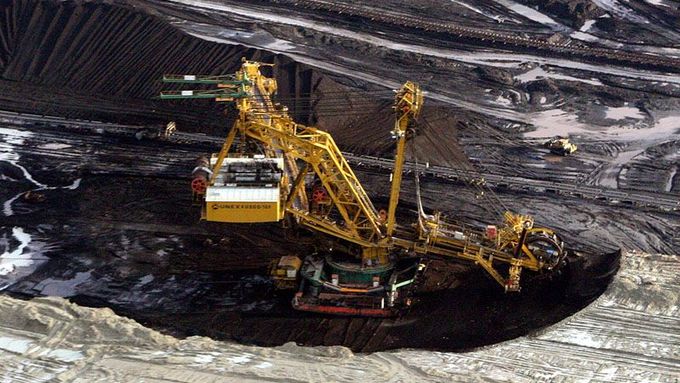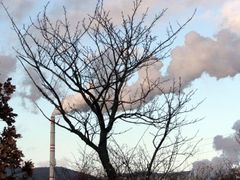Prague - If all the people of the world reached the same standard of living as Czechs, we would need more than three Earth-sized planets to survive.
The calculation of a so called ecological footprint shows Czechs have been pushed into an ecological debt, thus living beyond their environmental means. The footprint index investigates how much of land and water people need to produce food and energy, to provide transportation and to liquidate generated wastes.
Czechs are not alone in the pickle. All developed countries of the world have their ecological footprint indicators too high.
"The problem is that we want to consume more than our planet can give us and we don't want to think of consequences," says Andrew Simms, policy director of the New Economics Foundation, an independent British think-tank.
The Czech Environmental Information Agency (CENIA) has presented a number of projects aimed at reduction of the ecological footprint without having to "return to caves and use torches again".
As part of a broad project entitled the Sustainable Consumption and Production, innovation has taken place in the city hall of Benešov, where a number of copy machines and printers were replaced by one single device for the whole office.

Infobox
- Martin Bursík talks about global warming in the US
- Global warming to affect European birds drastically
- President Klaus addresses a UN conference on climate change in New York
- Beckham polluter No. 1, Czech jet-setters keep mum
Toilets to save 190 million liters of water
Although a relatively minor action, such measures if implemented in all offices and enterprises may lead to significant savings - both financial and ecological, according to Jiří Hradec, director of the CENIA agency.
For example, use of modern, energy-efficient computers could reduce emissions of carbon dioxide in the European Union by 830 thousand tons. That is about the amount emitted yearly by coal power plant Poříčí or heating plant Komořany.
It is possible to save up to 190 million litres of water if nine-liter toilet tanks are replaced by those of six liters. Czech pilot projects aimed at sustainable consumption and production have shown that there still is a big potential for savings in domestic entreprises.
Czechs leaving a footprint far abroad as well
So far, the Czechs have been consuming about twice as many resources than they can create. They have been leaving the eco-footprint in distant exotic countries in the opposite hemisphere, without stepping outside their homes.
Buying ice-cream, chocolate, instant soup, chips or using a shower-lotion or shampoo deepens the eco-footprint.
The production of these requires palm oil, which is imported mainly from South East Asia, where oil palm is grown in large plantations.
"Growing oil palm is one of the main causes for rapid deforestation in South East Asia. About a half of the plantations arises at the expense of the forests," stands in an environmental study ellaborated some time ago by Zelený kruh (the Green Circle association) and Hnutí Duha (the Friends of the Earth).
Increasing amounts of tropical lumber are imported into the Czech Republic. The imports have at least trippled since 1999. Many tropical trees have probably been chopped illegally. According to the World Wildlife Fund's estimates, it could be tens of thousands of trees yearly.
Indonesia itself has lost approximately two million hectars of rainforest, according to the official information. This country, which covers only 1.3% of the world´s mainland, is a natural environment to 10% of all known species of flowers, 17% of birds, 16% of reptiles and amphibians and 12% of mammals.

